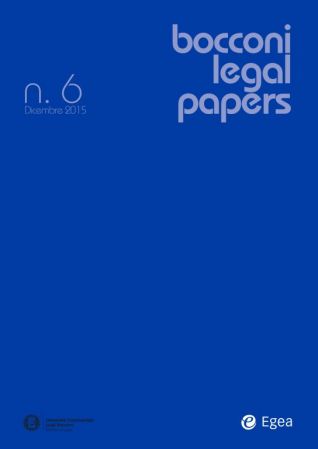BLP
2015/6
In Re Cornerstone: Independent Directors Liability in Control Buyout Cases
In the last year, two interesting cases arose before the Court of Chancery after a challenge of a controlling shareholder squeeze out merger. In requiring an Entire Fairness analysis of the challenged transaction, the plaintiffs in both cases brought the suit against the controlling shareholder, the interested directors, and the members of the Special Committee, appointed to negotiate the transaction. The claims asserted that the disinterested directors breached their non-exculpated duties. The independent directors moved for a motion to dismiss, counterclaiming that the plaintiffs failed to allege any specific facts in support of their action. Thus, the court faced a controversial issue: what should be the proper pleading standard to hold the independent directors liable in an Entire Fairness challenged transaction, where the independent directors are protected by a section 102(b)(7) provision? In other words, whether the plaintiffs are bound to satisfy a particularized pleading standard, as required in a Business Judgment case, or whether the transaction and the independent directors’ conduct are subject to the Entire Fairness analysis. The present paper will analyze the nature of the controlling shareholder’s transactions and the issues implied in their structure, the proper standard of review crafted by the Delaware courts and the recent developments in this area. The second part of the paper will focus on the two cases recently brought before the Chancery Court, namely In re Cornerstone Therapeutics Inc. Stockholder Litigation , and In re Zhongpin Inc. Stockholders Litigation . This section will consider the controlling precedents on the matter, and the solutions furnished by the courts to the above question. Finally, the last part of the paper will discuss the recent decision of the Supreme Court on the interlocutory appeal filed by the parties in the aforementioned cases.
L'ACCESSO A QUESTO CONTENUTO E' RISERVATO AGLI UTENTI REGISTRATI
Esegui l'accesso oppure registrati.
